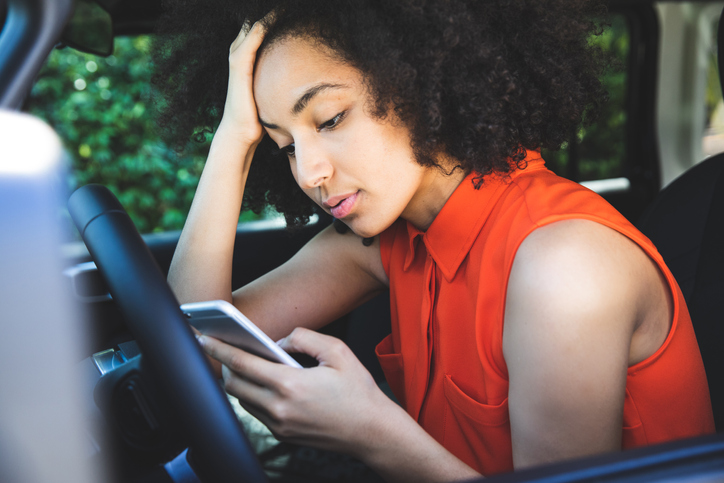
Source: LeoPatrizi / Getty
The average amount of time spent daily on social media by users worldwide rose from 90 minutes to 144 minutes between 2012 and 2019. We went from scrolling, liking, commenting, and following for about the length of a fun, action-packed blockbuster film to the length of an Oscar-winning drama. That’s pretty amazing, considering it seems our attention span for actual full-length films has decreased. Apparently, people really want to know what their friends are up to. And strangers. And celebrities. And cute dogs with their own accounts.
It’s important to remember that every piece of information we consume impacts us. Some pieces don’t affect us much, like learning about traffic or the weather. But what about those long angry rants posted by that politically-furious friend on Facebook? Or the videos of high-end travel by that one family member? Research has shown that social media has a close connection to our levels of depression and anxiety and even self-esteem. We may not notice the difference in how we feel every time we shut our phones, but the changes are happening slowly over time. Of course, many individuals today must use social media for their careers. Doing without it entirely can be suicide for one’s business. But as with many things, social media requires a balanced approach if we’re going to keep a healthy relationship with it. If you’ve been wondering whether or not social media has been impacting your mental health, we have some answers. We consulted self-image empowerment specialist Dr. Melanie Hussain (IG: @meltuition), pictured below, about this very issue.

Source: Grace Elliott / Grace Elliott
Talking negatively about yourself
While the occasional self-deprecating joke can be pretty common, and even funny, if you notice your words about yourself trending more and more in that direction, that could be a bad sign, says Hussain, adding she notices for those who spend a lot of time online, “There is more negative self-talk. A person will start to feel badly about who they are and themselves. The way they talk to themselves and about themselves comes from a place of shame and not liking who they are as individuals.” Ideally, the content you consume should make you feel encouraged and give you a positive outlook. But when social media takes a bad turn, Hussain says, “Rather than feeling inspired, it actually does the opposite and makes one feel trapped within themselves.”









